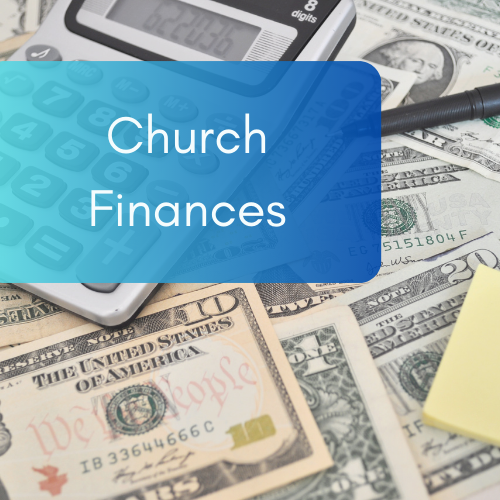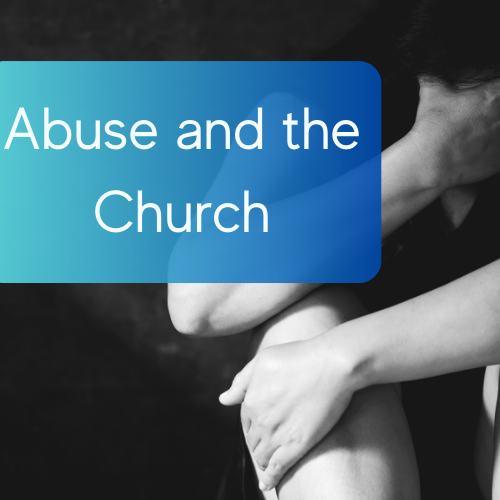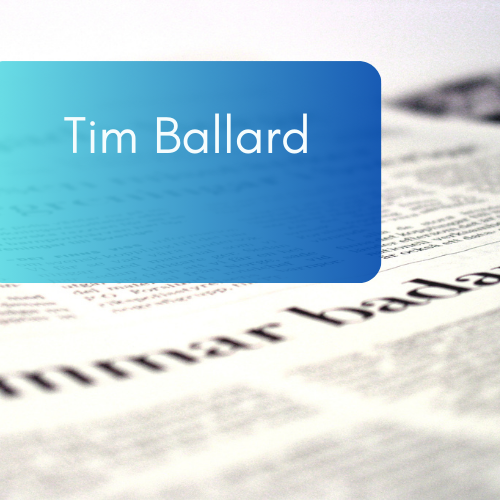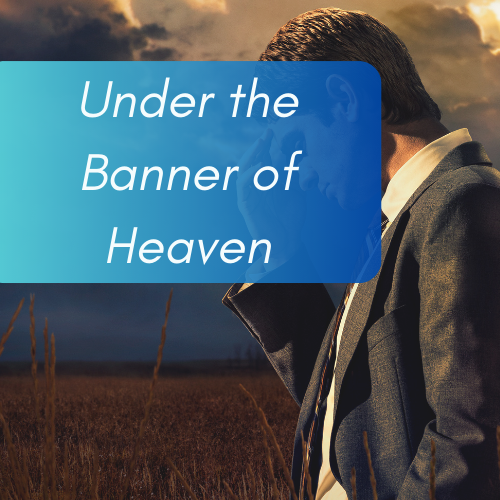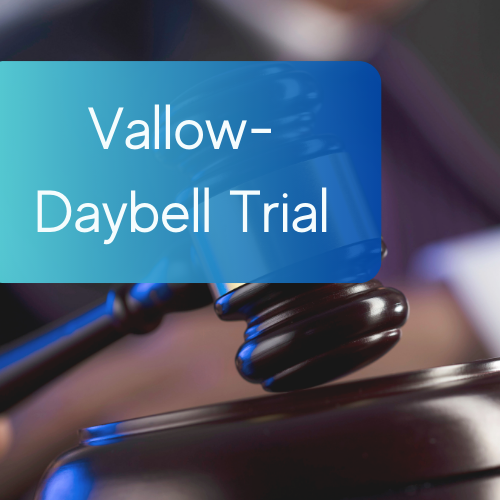Fact-check American Primeval
Explore a detailed fact-check of American Primeval, analyzing historical inaccuracies, fictional portrayals, and common misconceptions about Brigham Young, the Nauvoo Legion, the Mountain Meadows Massacre, and Native American relations in the Utah Territory. Discover the truth behind the characters and events depicted in the series.
Questions about Church Finances
One of the difficulties in responding to criticisms against the Church is that even after they are debunked, some time goes by and they are resurrected again. Such is the case with criticisms about the Church Finances.
Abuse and the Church
The abuse of a child or any other individual is inexcusable. The Church of Jesus Christ of Latter-day Saints believes this, teaches this, and dedicates tremendous resources and efforts to prevent, report and address abuse.
Aversion Therapy Performed at BYU in the 1970’s
Understand the history of aversion therapy at BYU in the 1970’s, the context of medical and psychological science of the time.
Manipulations & Dishonesty in the CES Letter
A detailed response full of citations and sources showing readers where to research the answers raised in the “CES Letter” for themselves.
A Mortal “Davidic Servant” in the News
Recently a young man was kidnapped because he was believed to be the “Davidic Servant.” This controversial belief has been associated with tragic outcomes.
Sale of the Kirtland Temple
After years of discussion, Community of Christ has sold to the Church of Jesus Christ the iconic Kirtland Temple, several historic sites in Nauvoo, and many historical documents and artifacts.
Questions about Tim Ballard
Tim Ballard, founder and former CEO of Operation Underground Railroad (OUR) and subject of the movie The Sound of Freedom, has been in the news lately. Here are some answers to common questions about him.
Under the banner of Heaven: Fact vs. Fiction
In spite of the miniseries’ tagline “Uncover Buried Truths,” this fictitious work is only loosely based on actual events.
Chad and Lori Daybell and Religious Extremism
Daybell and Vallow’s beliefs are not shared or taught by the Church of Jesus Christ of Latter-day Saints, its leaders, or the overwhelming majority of its members.

“Does the ‘Mormon’ abuse hotline cover up abuse?”
The purpose of the Church Abuse Hotline is to protect the victim and to make sure the local leaders follow the law.
What is the policy of the Church on reporting sexual abuse?
The policy is that bishops should take action to stop abuse.[71] The handbook also states that laws differ in various states and countries and that local Church leadership should follow the local law in regard to reporting abuse to governmental authority.[72]
See Jennifer Roach’s presentation from the 2023 FAIR Conference on abuse and the LDS (“Mormon”) church. You can watch the presentation and read the transcript here.
Shouldn’t the Church policy be to always report abuse no matter what?
Possibly. Some people believe mandatory reporting would be in the best interest of protecting children from abuse,[102] but others believe it would prevent abusers from coming forward which would result in more children being abused.[103]
In 2014, the University of Michigan published research that indicated that counties in the US that had mandatory reporting for clergy were correlated with lower reporting rates than those that didn’t.[104] A 2017 study published in the American Journal of Public Health found similar results and concluded that universal mandatory reporting may “lead to poorer outcomes” for endangered children.[105]
What policies and practices does the Church have in place to prevent abuse?
The Church has systems and processes in place to protect children from abuse, such as two-deep leadership;[96] mandatory abuse training for leaders;[97] a helpline staffed by mental health experts and attorneys;[98] handbook instructions on definitions, responses, and how to address abuse;[99] windows into the classroom of children to allow observation;[100] and a membership record annotation system for members that may be seen as a risk to children.[101]
What is the purpose of the Church abuse helpline?
The Church established the helpline in 1995.[63] On the Church website, it states that when “bishops or stake presidents call the helpline, legal and clinical professionals will answer their questions and provide instructions about how to assist victims, comply with local laws and requirements for reporting abuse, and protect against further abuse.”[64]
And in a 2022 statement, the Church clarified that the “helpline is instrumental in ensuring that all legal requirements for reporting are met. It provides a place for local leaders, who serve voluntarily, to receive direction from experts to determine who should make a report and whether they (local leaders) should play a role in that reporting.”[65]
So is the helpline just run by lawyers?
It is run by a “specialized group of attorneys and mental health professionals.”[66][67] Kate Taylor Lauck, a survivor of child sexual abuse and an attorney who worked for the Church abuse helpline, described the purpose of the helpline as “assisting victims and survivors of abuse to get the help they need and also reporting abuse to law enforcement.”[68][69]
However, the Associated Press story reported that an attorney that worked for the helpline said he did not work with social workers.[70]

